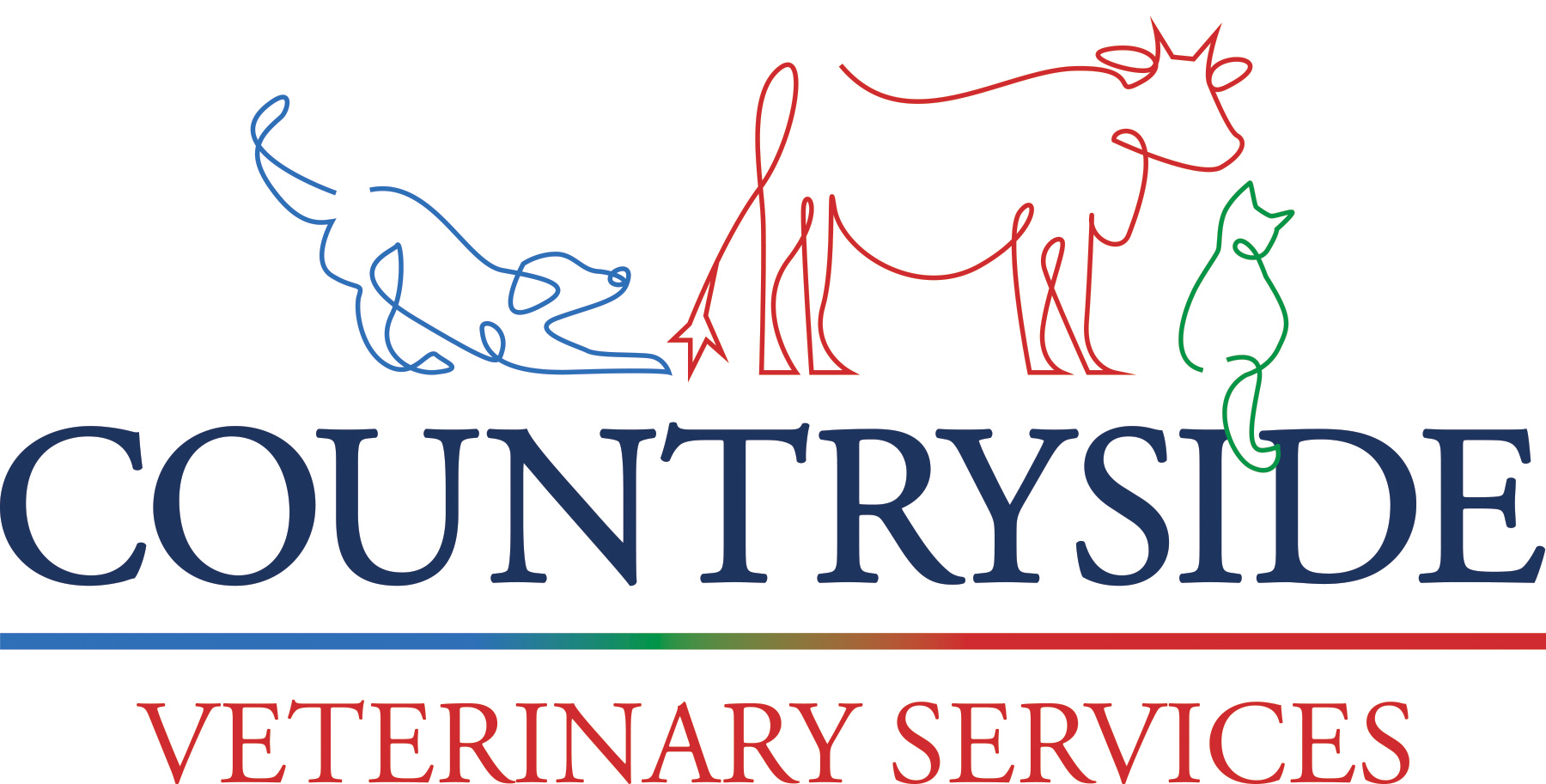
Are You Brushing Your Dog’s Teeth Wrong?
 At-home dental care is a task that many pet owners and yes, even veterinarians, are guilty of rarely or barely doing. Periodontal disease is something that affects most dogs by the age of three. One of the best ways to help battle this disease is by dental care. The following are a few common dental care mistakes you may be making.
At-home dental care is a task that many pet owners and yes, even veterinarians, are guilty of rarely or barely doing. Periodontal disease is something that affects most dogs by the age of three. One of the best ways to help battle this disease is by dental care. The following are a few common dental care mistakes you may be making.
One mistake that you could be making is using human toothpaste rather than dog toothpaste. Even though you always have human toothpaste around, some of the ingredients in this causes upset stomach or affects the acid balance in your pet’s stomach. You should always brush your pet’s teeth with dog toothpaste formulated specifically for dogs so you know it’s safe and it’s typically flavored with something your dog will actually enjoy.
Rewarding and praising your pet with extra treats may help them warm up to the idea of you sticking a toothbrush in their mouth. Showing your frustration and punishing them will not help and possibly make things harder. Take things slow and let your pet sniff the toothbrush and taste the toothpaste and let them get used to having their mouth touched. This may take a few weeks but eventually work your way up to actually brushing their teeth. Typically, you should brush your dog’s teeth every day. Plaque can resurface on the tooth in as little as 24 hours, so brushing every few days/weeks won’t be as effective. Remember to always reward and praise them.
Brushing your dog’s teeth consistently is a great way to keep track of their oral health. Bad breath, yellow-brown tartar, inflamed gums, bleeding gums, unusual growths and pawing at the mouth are just a few signs to look for and should not be ignored. These could all be possible signs of dental disease or other oral problems.
Veterinarians recommend having your pet’s teeth professionally cleaned. Even if you brush your dog’s teeth every day, professional cleaning will remove tartar buildup that every day brushing cannot. X-rays may also be recommended to check for hidden signs of disease under the gums and in the bones.
